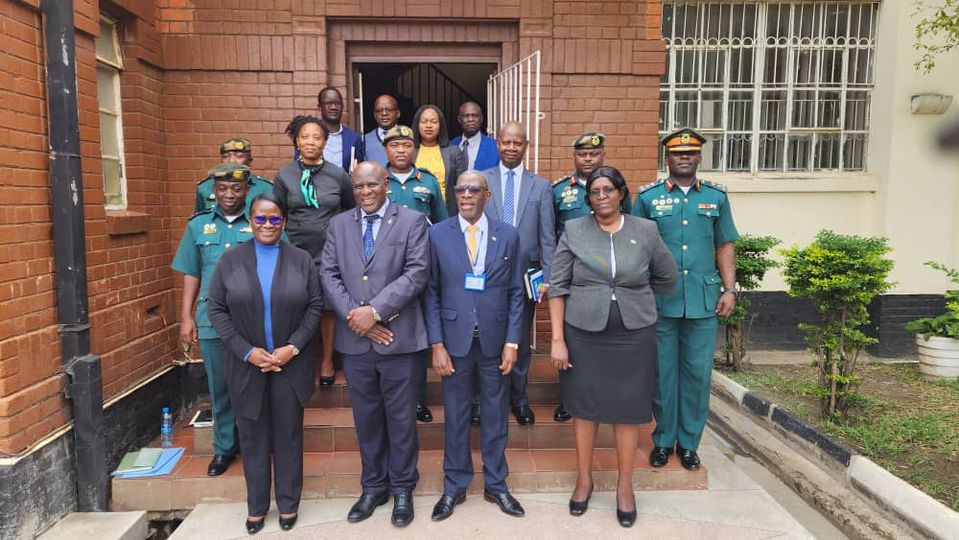MCDSS and Ministry of Defence Join Forces to Tackle Food Insecurity Amid Drought Crisis
In response to the escalating food insecurity challenges exacerbated by persistent drought conditions, the Ministries of Community Development and Social Services (MCDSS) and Defence in Zambia have forged a collaborative effort aimed at mitigating anticipated food shortages across the nation.
The collaboration, announced during an interactive meeting, underscores the shared commitment of the two ministries to address food security concerns amidst adverse climatic conditions that have led to crop failures and heightened vulnerability among communities.
Ms. Angela Kawandami, Permanent Secretary of MCDSS, emphasized the significance of the partnership, citing the alignment of both ministries’ mandates in promoting food security.
She stressed the imperative of concerted action to combat the detrimental effects of droughts, compounded by the specter of climate change, on agricultural productivity and food availability, particularly for vulnerable populations.
Highlighting the pivotal role of the Zambia National Service (ZNS), operating under the Ministry of Defence, Ms. Kawandami underscored the importance of comprehensive strategies devised by the ZNS to tackle the imminent food insecurity challenges.
Moreover, Ms. Kawandami underscored the broader scope of collaboration, addressing not only food insecurity but also the pressing issue of children living on the streets.
She commended ongoing initiatives where ZNS collaborates with MCDSS to provide training and support to such children, offering them life-transforming opportunities.
Mr. Norman Chipakupaku, Permanent Secretary of the Ministry of Defence, echoed the urgency of addressing hunger issues, emphasizing that food insecurity poses a significant threat to national security.
He emphasized the “one government” approach, advocating for seamless collaboration and resource-sharing among governmental departments to develop comprehensive solutions.
Mr. Chipakupaku emphasized the importance of diversifying agricultural practices, suggesting a shift from traditional maize cultivation to crops like sorghum and millet to enhance resilience and reduce dependence on a single staple.
In presentations during the meeting, officials highlighted areas of support and proposed initiatives, including transportation assistance to bolster agricultural production under the Food Security Pack program.
They also emphasized the importance of empowering vulnerable children, expressing confidence that collaboration with ZNS would yield positive outcomes in providing them with essential skills and opportunities.



